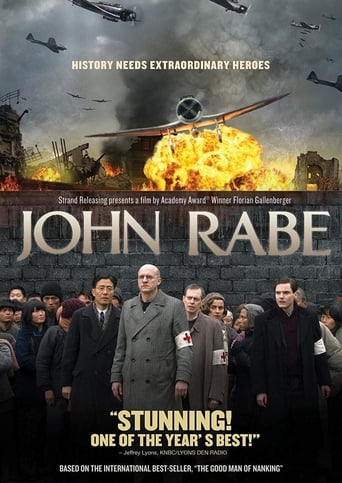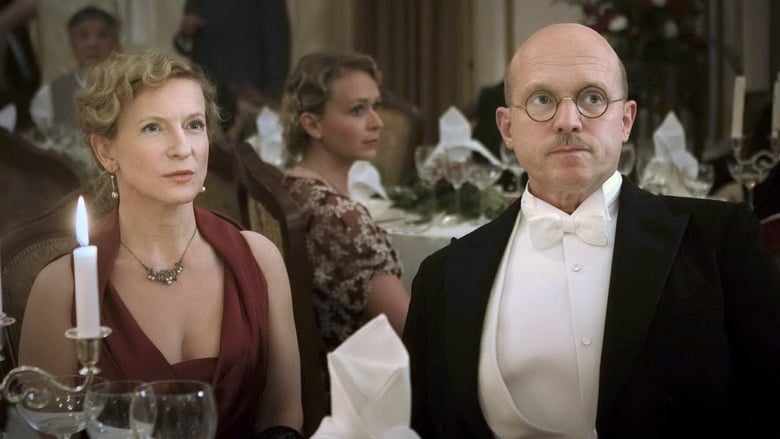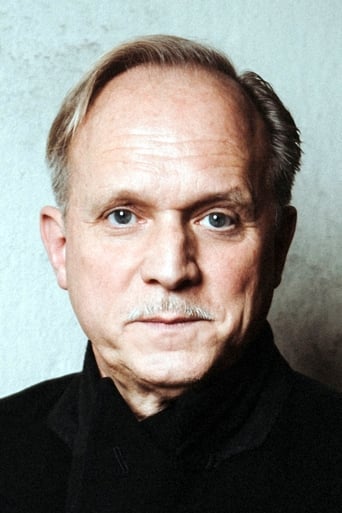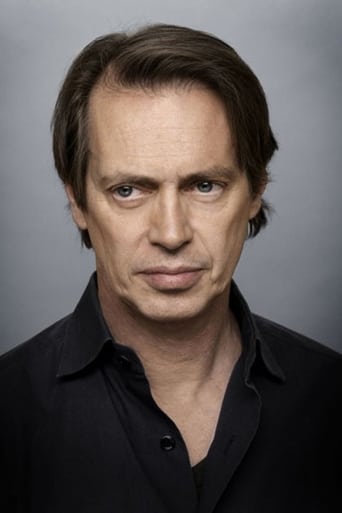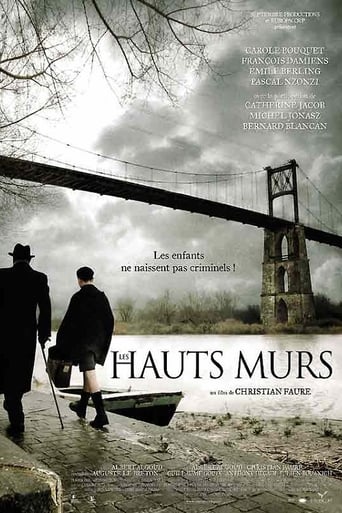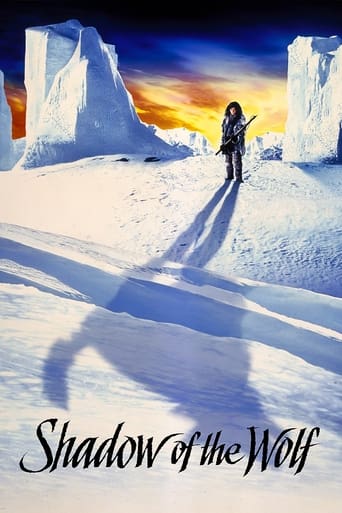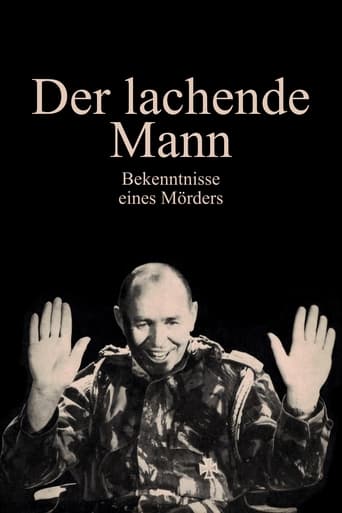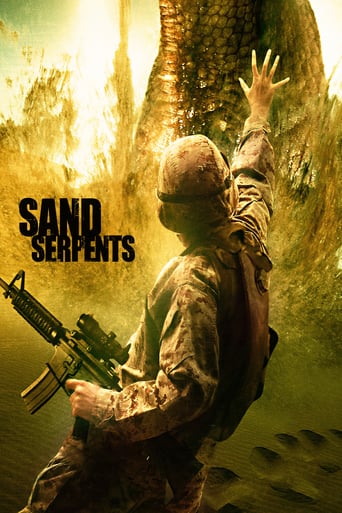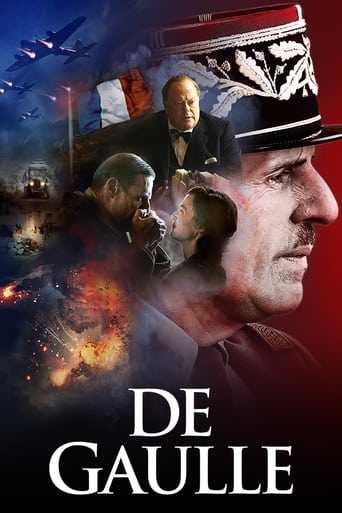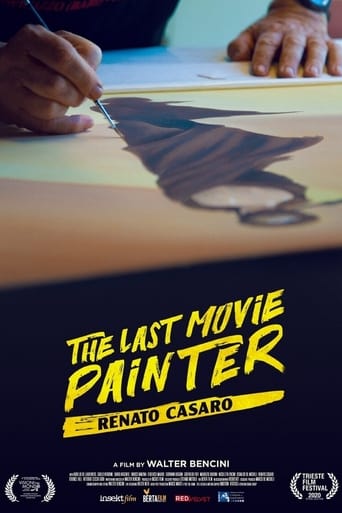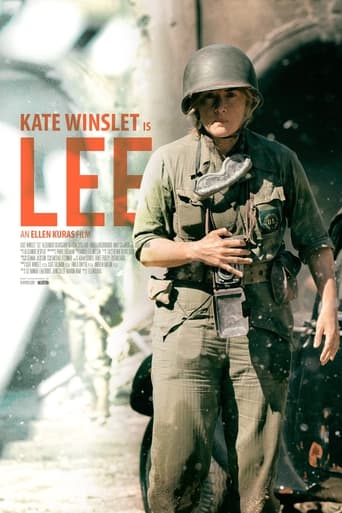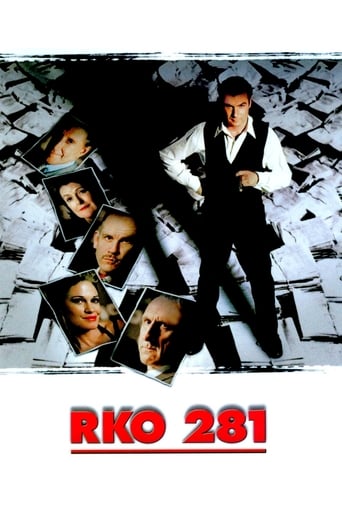John Rabe (2009)
A true-story account of a German businessman who saved more than 200,000 Chinese during the Nanjing massacre in 1937-38.
Watch Trailer
Free Trial Channels
Cast


Similar titles
Reviews
Best movie of this year hands down!
Good start, but then it gets ruined
It is interesting even when nothing much happens, which is for most of its 3-hour running time. Read full review
The film may be flawed, but its message is not.
It's 1937. John Rabe (Ulrich Tukur) runs the Siemens plant in Nanking, China. He dismisses news of Japanese massacres. He is ordered back to Berlin when the Japanese attack. He saved the Chinese workers from the bombings under the Nazi flag. He ignores orders to close the plant. He is selected to organize a safe zone within the city with the help of the other westerners. Dr. Rosen (Daniel Brühl) with a Jewish ancestor is an assistant under German Ambassador Trautmann. Valérie Dupres runs a school for girls. Robert Wilson (Steve Buscemi) is an American doctor. Rabe decides to stay sending his wife on a ship. The ship is sunk and his wife is presumably lost.This is a compelling story of a Nazi saving war victims due to his humanity. The obvious comparison is Schindler's List. It is a straight forward telling. The difference is the emotional arc. Rabe is not quite as emotional and his Germanness keeps the story from elevating higher. It does put the lesser known history on the big screen. The history is compelling with some good tension and needs to be told.
Many people knew about the Holocaust happened in Europe, but so few people knew about the massacre happened in Nanjing - capital city of Republic of China.This is an excellent movie, too bad, it wasn't shown at many movie theaters in the USA. This could help people to know what the Japanese did to defenseless Chinese people during world war ii. The scenes are shocking and graphic, but that is what the Japanese soldiers did.Even today, some Japanese still refuse to believe the appalling atrocities. This is an excellent movie for the event. Even though John Rabe was a Nazi member, but what he did he in Nanjing was heroic. He could be given the Nobel peace prize for saving over 20,000 innocent Chinese people.This film is truly an international collaboration from actors all over the world just like those people who saved so many people in 1937. I highly recommend it.
This is the second film about the Nanking (Nanjing) massacre of 1937, to come out recently. Both feature a man whose bravery saved many thousands of lives and who was largely unknown to the wider world until very recently. John Rabe was a member of the Nazi party and had worked in Nanking as the senior executive for Siemens for many years. In the eponymous film it's suggested that he is about to return to Germany, but his departure is prevented by the sudden attack with over-powering military force, by the Japanese.Rabe stays, and heads a committee that sets up a safety zone around the Siemens works and the main embassies. When the Japanese take Nanking, and embark on wholesale rape and slaughter, this zone keeps more than 200,000 Chinese in greater safety that elsewhere in the city.The story is seen through Rabe's eyes mainly and focuses more on Westerners than the Japanese, although the dire impact of a member of the Imperial Family on the decisions made by the Japanese to execute unarmed soldiers, is highlighted .Some beheadings are shown but the wide scale practice of rape and enforced prostitution is skirted around. Nevertheless, the atmosphere of menace, instant arbitrary death and fanaticism is established effectively.The film grips and, in its own way, inspires. It is interesting to see this film and the more symbolic approach taken by Chuan Lu in 'City of Life and Death'. Both cover the same time period. Both are films that leave you pondering on human nature, its heights and its gross distortions.
JOHN RABE is a well-enough-made war movie set in Nanking at the time of the Japanese siege.*minor spoilers ahead* The story is fairly cookie-cutter (though "true"). In fact, the 'hero' John Rabe does not really seem to be much of one, though nor is he an anti-hero. He is more or less a corporate (Siemens) functionary with a solid German character. He is also as it happens a Nazi party member (as were many) and a firm believer in Hitler (as were many), who does not find much reason to question these beliefs during the span of the film. Fine. At the end, when throngs of Chinese chant his name as the Japanese expel him from Nanking, it is both jarring and perplexing, since he doesn't really appear to have much to do with the people of Nanking during the movie. We can therefore only assume his legend preceded him... although nothing up till this point had suggested this Rabe might be the stuff of legend.*spoilers end* As usual, a ragtag band of white people (led by two "principled Germans", proving "they weren't all bad" a la Schindler and von Stauffenberg) set the moral tone and fight courageously to protect the hapless and defenseless "native" population. That may in fact have been the case, though I really tend to doubt it. And, even if it was exactly thus, it is a scarcely defensible narrative for such a movie in 2009.In the final analysis JOHN RABE seems to have been made as crowd-pleasing award-bait, and judging by the German Film Awards it has racked up it can already be judged as success in those terms. Although the film industry in Germany being what it is, that could also mean simply that there wasn't much in the way of competition this year...Gallenbarter, a 'blue-blood' who won a short film Oscar several year's ago, and who specializes in cultural appropriation (though at least there were a couple of Europeans in this one, not just poor/wretched people of colour), will have wanted to be sure that the fate of his little-watched first feature would not be replicated here. Thus the broadest of broad strokes, sweeping orchestral movements to let us know when we should be feeling something, nothing remotely controversial or 'interesting'... again, in terms of its apparent objectives JOHN RABE can only be termed a success.Juergen Juerges' cinematography as always provides a bright stop in the otherwise unremarkable proceedings.

